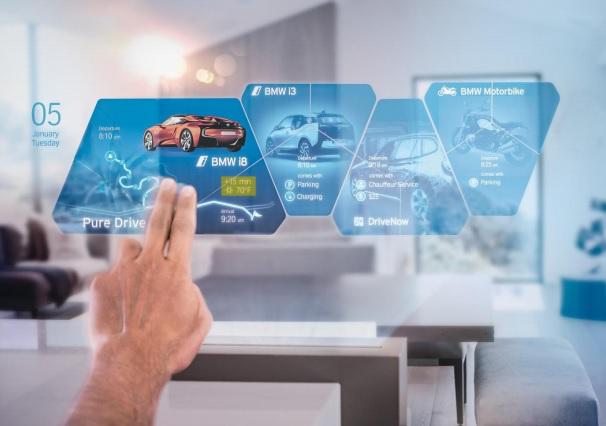
In modern day world, technological and digital advancements are revolutionizing the automotive industry. The auto industry must keep pace with the changing times in order to meet the demands of the consumer offering an experience that is digitalized in researching, processing and operation of the car. Even before a customer steps into a dealership, Rainer Feurer, in charge of the customer-centric sales development and customer experience observes that, “they’re 97% pre-informed.” Even the car showrooms are being digitalized. For instance, London seems to have virtual Audi showrooms where cars are on display along with relevant information on large video screens.
One of the major trendsetters of the modern day automation world is the idea of the autonomous vehicle (AV). They are to be the cars of the future – connected, electric and shared. Focus of approach shifts from being car-centric to being more consumer-centric. The idea is that of autonomy driving or assisted driving, which may result in lesser road accidents and consequently lower insurance costs. Elon Musk hopes to see a world where this self driving technology will become as normal as an elevator.
Since it is a more customer centric approach, the auto industry develops innovative ideas to provide services that can personalize the experiences of the customer by allowing provisions for customization. This digitalization leads to reduction of costs and increased transparency in the process of manufacturing, delivery, supply chain, design etc. Along with this, the customer service also improves with the help of advanced technology. It includes car maintenance, service and diagnosis. The sensor technology along with the IoT or the internet of things, enables companies to ensure monitoring of engines, truck safety, fuel or cargo etc. Services such as car pool services provided by companies like Uber or Lyft endorse a cheaper and efficient use of technology and vehicles. In doing so the private and the public sphere has been merged owing to shared rides. This has led to reduction in purchase of personal vehicles and cost of maintenance. But instead of riding against the wind, companies like Volkswagen with it’s own carpool app and Fiat seek to work with the wind. Companies are also using data provided by the customers to suggest preferable routes, destinations, traffic patterns, etc.
Despite the wide range of interesting offers, the digital world also brings up the idea of cyber crime and the fear of data security and privacy protection. This brings the company’s attention towards prioritizing the protection of customer’s data by developing ways to tackle any form of cyber attack.
In order to keep pace with global competitors like GM, Ford and VW, BMW has been developing and bringing in a digital transformation not just in it’s IT sector but in the company as a whole. VW, Audi, Ford, Daimler and BMW have all realized that “digitalization is the main driver for the future.” In doing so, BMW tries to connect and make a link between the IT sector and their influence on the marketing department, between “the car world and the company world.” Klaus Strain, CIO of BMW, remarks that with this new mergence, new challenges arise – “alongside our normal competitors, we’re seeing competition coming form the IT industry, which thinks in a different way to us.” He goes on to identify who are part of the competition- Google, Tesla and Apple.
Google is rumored to be partnering with Ford in developing new age cars. BMW too learns from such digital companies. Sebastian Schweining, German car manufacturer notes that they learn how “it’s okay to fail mentality” at times and to try to be agile. Julius Baer, global partner of FIA Formula E championship developed with BMW concepts for product’s sustainable mobility. BMW has already introduced the use of Alexa inside the car to make the car more efficient. Alibaba’s AI labs have also been incorporated into the vehicles to provide an in-car entertainment and shopping service.
Through this journey of digitalization, Feurer remarks that he hopes that through this consumer-centric approach, a seamless link may be created between the car, the customer as well as other digital assets wherein what the customer needs in life will be given more attention. Thereby, making the customer experience more valuable, engaging and productive.

Mar 24, 2020

Sep 24, 2022